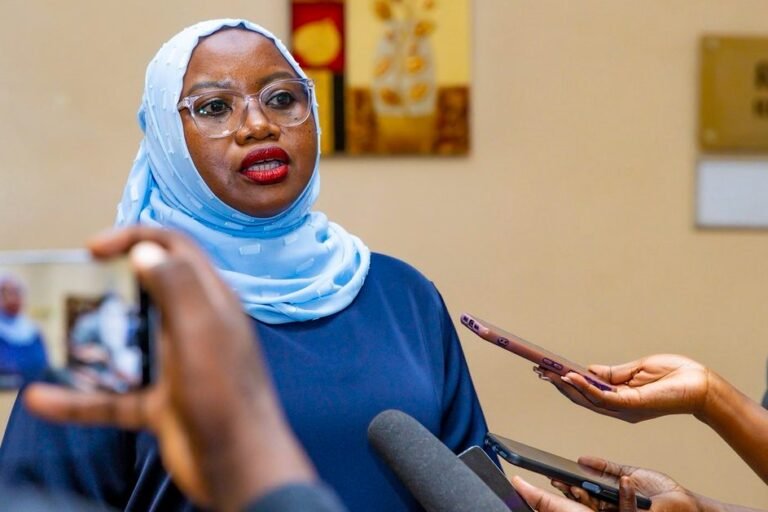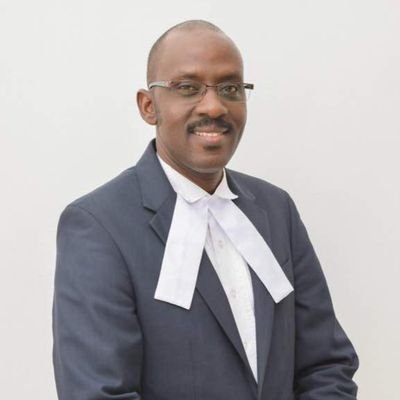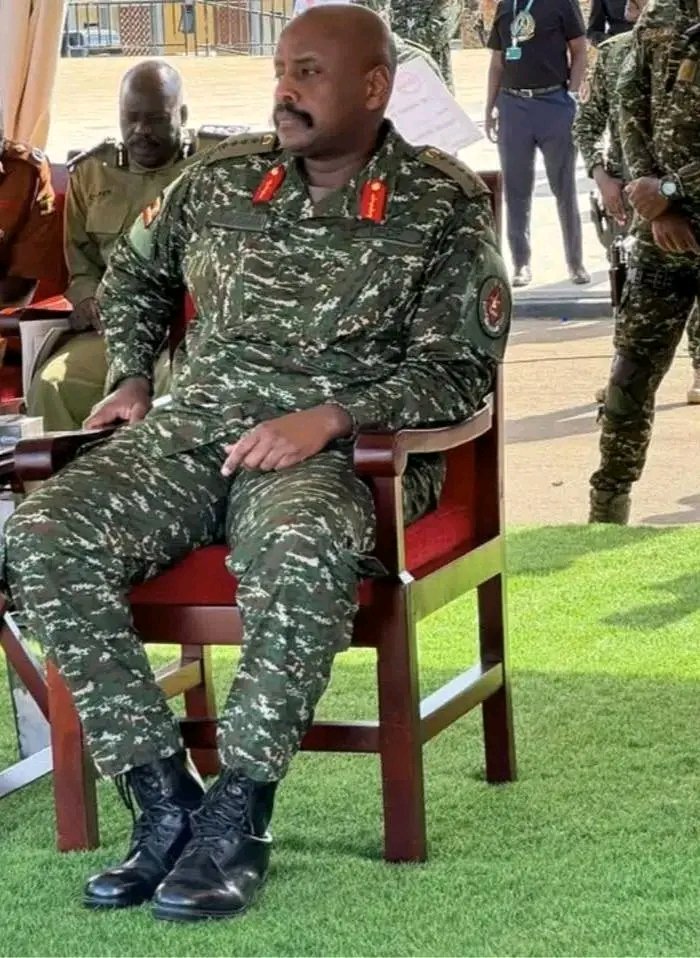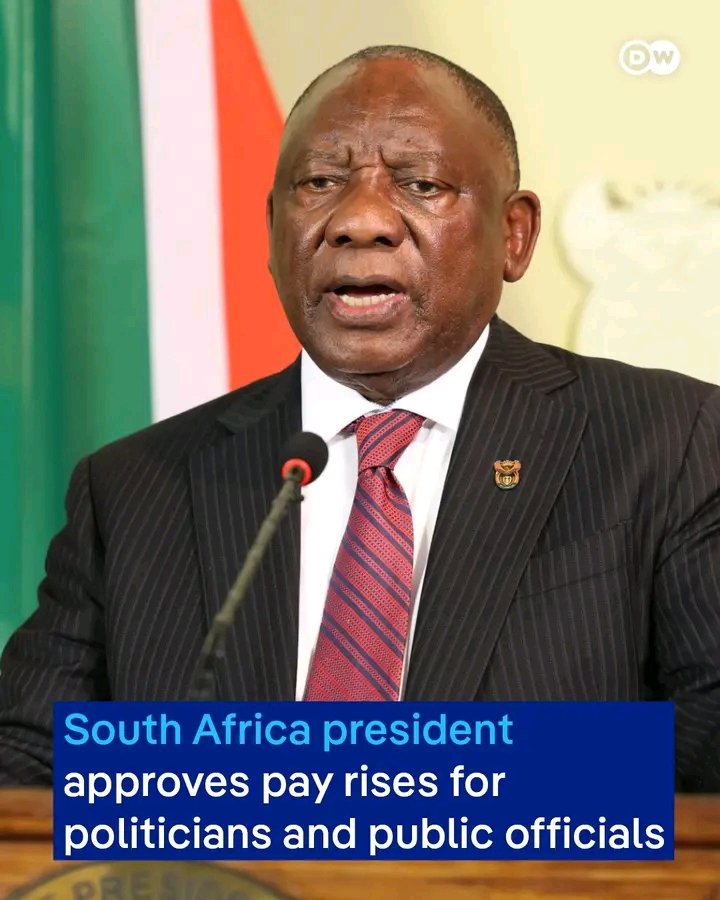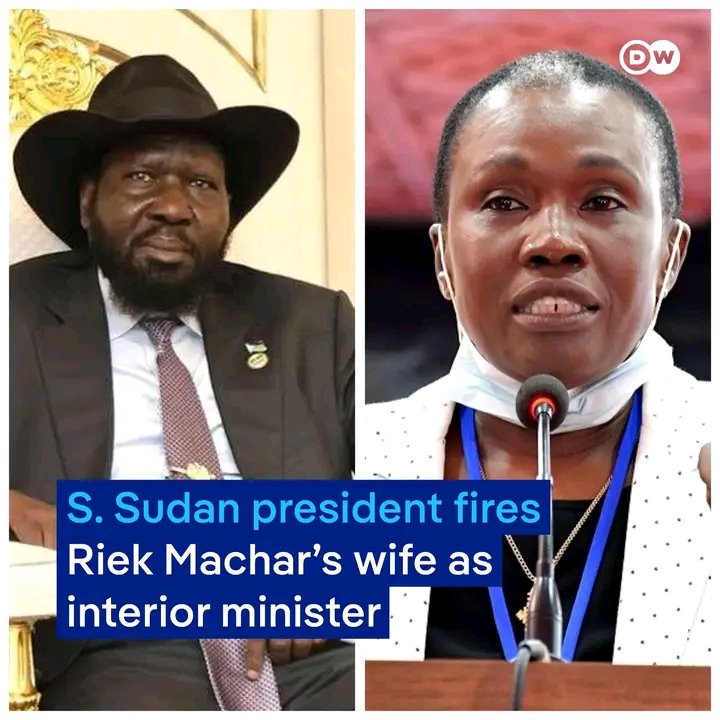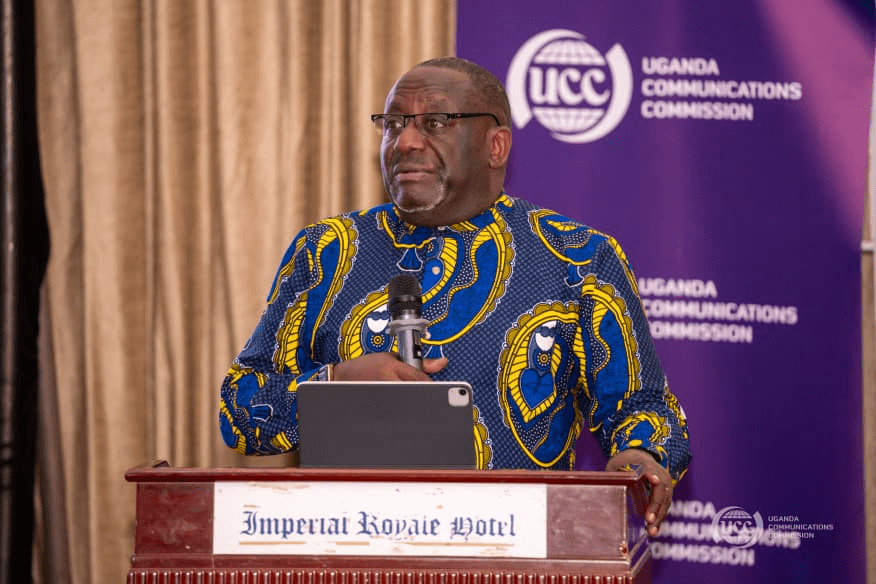
KAMPALA – In a series of high-level engagements, government officials and regulatory bodies have called on media houses and politicians to act responsibly and uphold the law ahead of the 2026 general elections, emphasizing that the spread of misinformation is a direct threat to national peace.
The warnings were delivered at the Central Regional Broadcasters’ Stakeholders’ Engagement, where the role of the media in a charged electoral period was intensely discussed.
The Guest of Honor, ICT Minister Dr. Chris Baryomunsi, urged media stakeholders to uphold integrity and maintain high standards, recognizing their broader responsibility of shaping public discourse. He stressed that an ethical and professional media is essential not only for informing citizens but also for sustaining national stability and fostering trust between the government and the public.
Echoing the Minister’s sentiments, the Executive Director of the Uganda Communications Commission (UCC), Hon. Nyombi Thembo, decried the rising trend of selective reporting, sensationalism, and bias. He warned that some media practitioners are blurring the lines between professional duty and political ambition.
“Journalists and broadcasters must remain impartial referees, not players in the political arena. When presenters, editors, and panelists use platforms to campaign and decampaign, they erode trust and compromise the integrity of the media,” Hon. Thembo stated.
He issued a stern reminder that under the Computer Misuse (Amendment) Act 2022, offenses such as malicious communication, cyber harassment, and the dissemination of false information attract severe penalties, including fines of up to UGX 15 million or imprisonment of up to 10 years.
A key point of emphasis was the exclusive mandate of the Electoral Commission. Hon. Thembo cited Article 61 of the Constitution and relevant Electoral laws, clarifying that “media houses are not bystanders. You are accountable for how you use your platforms… Only the Uganda Electoral Commission (@UgandaEC) is mandated to announce results.” He warned that premature declarations threaten peace and democracy.
The forum also heard from security and media industry leaders. Police Spokesperson Fred Enanga (@mkituuma) urged journalists to prioritize their safety while covering volatile events and to maintain professionalism. “We need a vibrant media. But behind every vibrant media must be a sober understanding that national security is paramount. You are storytellers, but you must also be survivors,” he emphasized.
Maj. Gen. Felix Kulayigye (@FKulayigye) addressed the gathering, combining authority and strategic humor to remind the government, security agencies, media, and citizens of their shared duty in safeguarding Uganda’s democracy, framing security as an operational necessity.
From the industry perspective, Next Media CEO Kin Kariisa (@KKariisa) highlighted the unique role of licensed broadcasters as a vital pillar of trust in an era of unregulated digital platforms. He pointed out the challenge of competing with social media accounts run by individuals with no editorial checks, who “chase followers instead of the truth.”
Mr. Kariisa called for a stronger partnership between the government and broadcasters to safeguard Uganda’s information ecosystem. “We have one Uganda. There is no plan B. Broadcasters hold great power, but also great responsibility. Let us shape ourselves to protect the truth, sustain our businesses, and preserve the role of professional media in guiding our democracy,” he concluded.
The collective message from the engagement was clear: as Uganda prepares for the 2026 elections, the media is expected to be a bastion of credibility and professionalism, with regulators and security agencies poised to take strict action against any violations that could undermine national stability.


